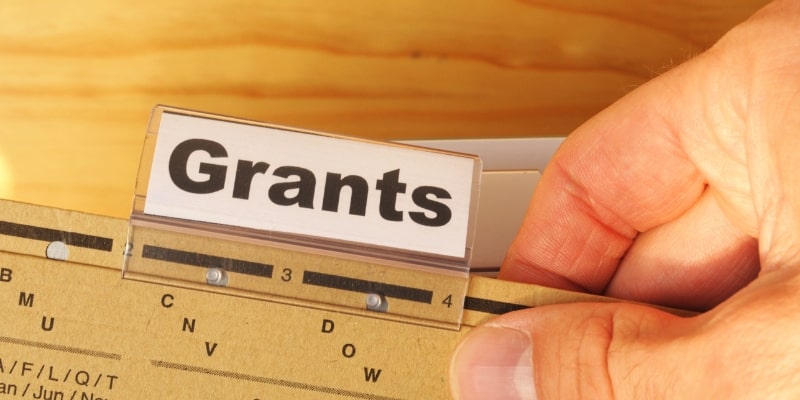When it comes to repairing your credit, there are a multitude of factors that can impact the results. From the accuracy of the information on your credit report to the actions you take to improve your credit, every decision and circumstance can make a difference in your credit repair journey. At Clean Slate Services, we understand the complexities of the credit repair process and the various factors that can affect your results. This blog post will explore these factors in-depth and provide valuable insights to help you achieve the best possible outcome.
1. Accuracy of Credit Report Information
The accuracy of the information on your credit report is crucial for credit repair. Inaccurate information can negatively impact your credit score and make it more difficult to repair your credit. Reviewing your credit report regularly is important to ensure all the information is correct. If you find any errors, you should dispute them with the credit reporting agencies immediately.
2. Payment History
Your payment history is another important factor impacting your credit repair results. Late payments, missed payments, and defaults can all hurt your credit score. To improve your payment history, making all of your payments on time and in full is important. If you struggle to make payments, consider setting up automatic payments or contacting creditors to discuss alternative payment arrangements.
3. Credit Utilization
Credit utilization is the amount of credit you use compared to the amount of available credit. High credit utilization can negatively impact your credit score and make it more difficult to repair your credit. To improve your credit utilization, keep your credit card balances low and pay off your debts as soon as possible.
4. Length of Credit History
The length of your credit history is also an important factor impacting your credit repair results. Lenders can see A longer credit history as more favorable and can help improve your credit score. If you are new to credit, establishing a good credit history may take some time. However, you can start by opening a credit card, taking out a small loan, and making your payments on time.
5. Types of Credit
The types of credit you have can also impact your credit repair results. A mix of different types of credit, such as credit cards, loans, and mortgages, can be seen as more favorable by lenders. However, applying for credit only if you can afford to pay it back and make all of your payments on time is important.
6. Credit Inquiries
Credit inquiries occur when you apply for credit, which can negatively impact your credit score. Too many credit inquiries can make it more difficult to repair your credit. To minimize the impact of credit inquiries, you should only apply for credit when needed and avoid applying for multiple lines of credit simultaneously.
7. Negative Items
Negative items, such as bankruptcies, foreclosures, and collections, can significantly impact your credit score and make it more difficult to repair your credit. However, it is possible to repair your credit even with negative items on your credit report. You can work with a credit repair company or take steps to improve your credit over time, such as making all of your payments on time and paying off your debts.
Conclusion
In conclusion, credit repair is a complex process that many factors can impact. From the accuracy of the information on your credit report to your payment history and utilization, every decision and circumstance can make a difference in your credit repair journey. By understanding these factors and improving your credit, you can achieve the best possible outcome and enjoy the benefits of good credit.











